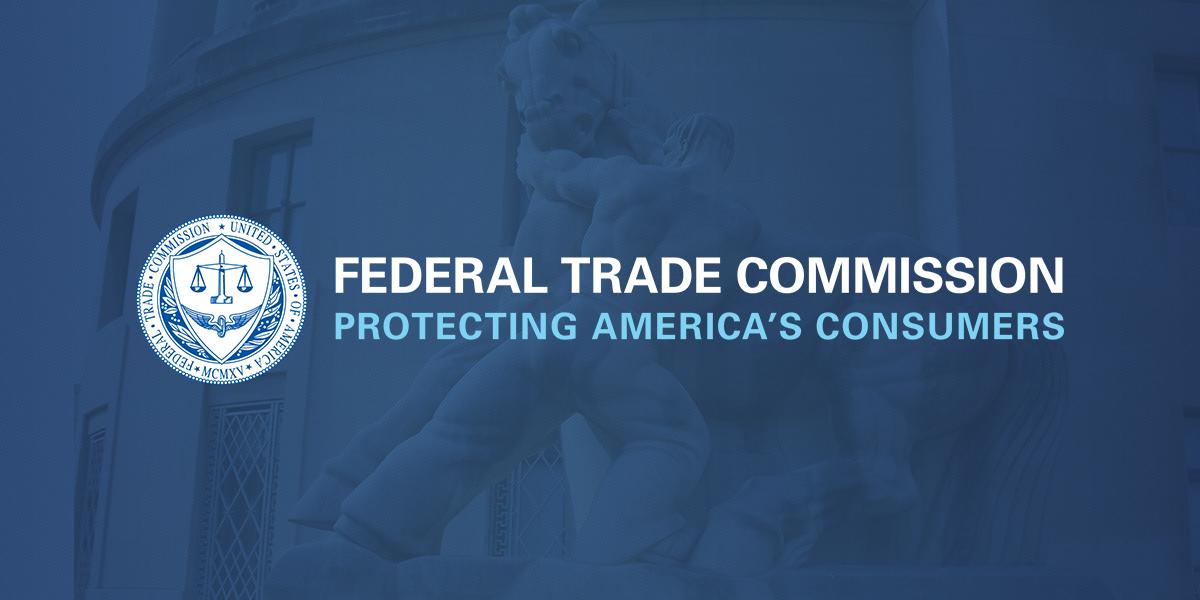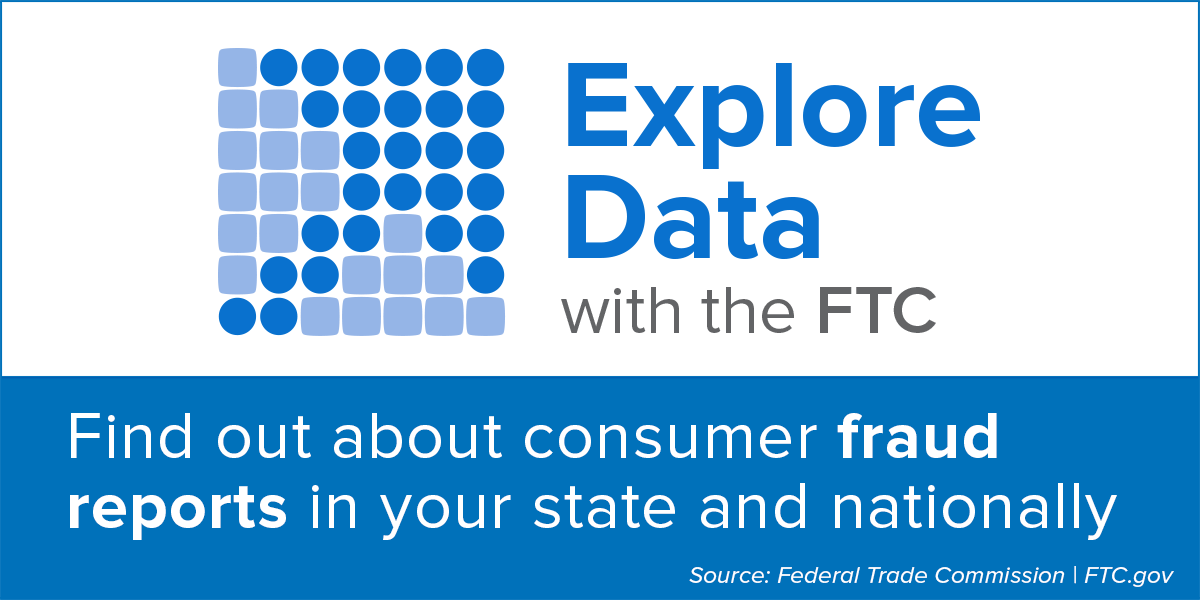The when and what of active supervision

The when and what of active supervision
Earlier this year, the U.S. Supreme Court ruled that the North Carolina State Board of Dental Examiners violated the federal antitrust laws by preventing non-dentists from providing teeth whitening services in competition with the state’s licensed dentists. N.C. State Bd. of Dental Exam’rs v. FTC, 135 S. Ct. 1101 (2015). The Board had argued that, because it is a state agency, it is exempt from liability under the federal antitrust laws. The FTC rejected that argument during our administrative trial, the Fourth Circuit rejected it on appeal, and finally the Supreme Court put the argument to rest, finding that the “state action defense” does not apply to the actions of a licensing board controlled by market participants unless its conduct is actively supervised by the state.
The Board is a state agency established under North Carolina law and charged with setting and enforcing licensing standards for dentists. This type of regulatory board is increasingly common as more states establish licensing requirements for an ever-expanding list of occupations, including, in some places, locksmiths, beekeepers, auctioneers, interior designers, fortune tellers, tour guides, and shampooers. These boards typically are made up of licensed professionals—that is, doctors commonly regulate doctors, beekeepers regulate beekeepers, and tour guides regulate tour guides. The problem—from an antitrust perspective—is that when a controlling number of decisionmakers on the regulatory board have a private incentive to limit competition from non-licensed providers, there needs to be an independent determination that the board’s actions are consistent with the state regulatory scheme in order to avoid antitrust liability.
In the wake of the Supreme Court’s decision, we received requests for advice from state officials and others as to what constitutes antitrust compliance for state boards responsible for regulating occupations. In response, we developed FTC Staff guidance that addresses two basic questions:
- When does a state regulatory board require active supervision in order to invoke the state action defense?
- What factors are relevant to determining whether the active supervision requirement is satisfied?
Of course, states can avoid unneeded and burdensome regulation of service providers and empower regulatory boards to restrict competition only when necessary to protect the health or safety of consumers. Or the state may create a board that serves only in an advisory capacity or is made up of persons who have no financial interest in the occupation that is being regulated. In addition, a state may forgo active supervision and choose to have its boards subject to federal antitrust standards. In that case, the state need not provide for active supervision.
Antitrust analysis – including the applicability of the state action defense – is fact-specific and context-dependent. The new FTC staff guidance does not suggest that states should actively supervise regulatory boards, nor does it recommend a one-size-fits-all approach. Instead, we have identified certain overarching legal principles governing when and how a state may provide active supervision for a regulatory board, and we urge each state regulatory board to consult with the Office of the Attorney General for its state for customized advice on how best to comply with the antitrust laws.
What's Your Reaction?
 Like
0
Like
0
 Dislike
0
Dislike
0
 Love
0
Love
0
 Funny
0
Funny
0
 Angry
0
Angry
0
 Sad
0
Sad
0
 Wow
0
Wow
0







